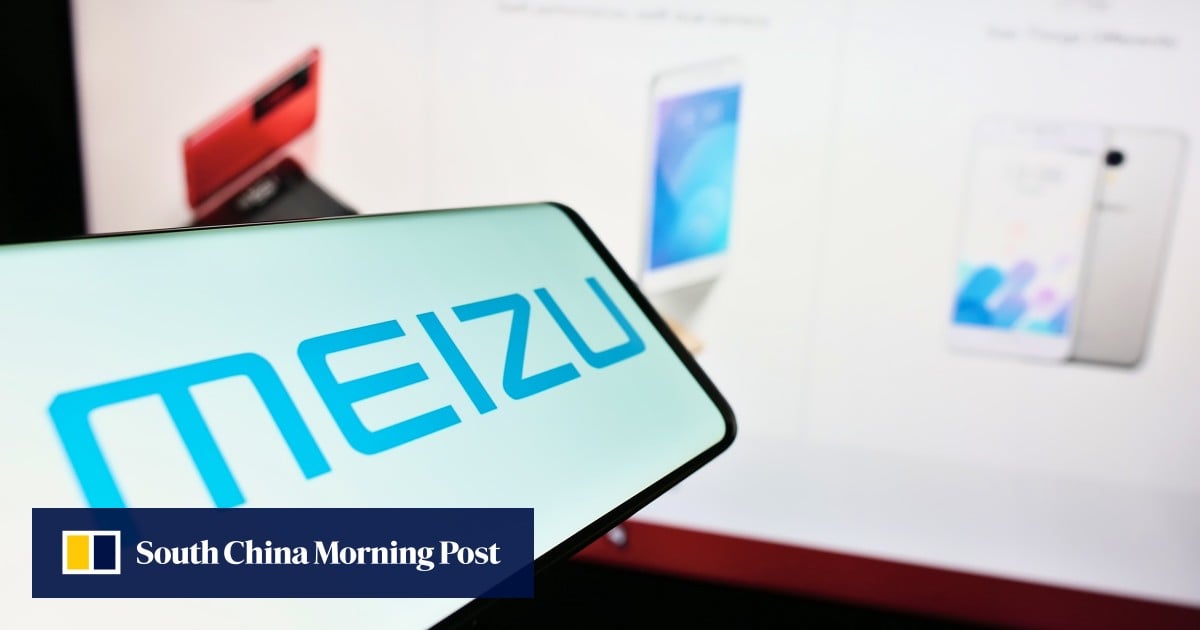“Meizu intends to establish an ecosystem that will fully collaborate with prominent global LLM providers, such as OpenAI, to advance AI innovation and development,” as stated by the company.

On February 18, 2024, an internal communication from Oppo highlighted the significant impact of artificial intelligence on the industry, likening it to the transformative shift from feature phones to smartphones. Image Source: Shutterstock
In 2023, Oppo, ranked as the fourth-largest smartphone vendor globally by research firm IDC, announced the commencement of the “AI phone era.” The company is actively progressing the development of its proprietary LLM named AndesGPT, as revealed in an internal memo from Tony Chen Mingyong, the founder and CEO.
Tony Chen Mingyong emphasized, “The upcoming wave of AI technology, driven by LLMs, is reshaping the landscape of the mobile phone sector.” He drew parallels, stating, “The influence of AI on the mobile industry over the next five years will mirror the transition from feature phones to smartphones.”
Oppo is gearing up for this evolutionary phase by intensifying its focus on AI, including the establishment of a specialized AI center.
Samsung Incorporates Google AI into its latest flagship phones to compete with Apple
Ahead of the Galaxy S24 launch by Samsung, research by Counterpoint projected a surge in global shipments of generative AI-enabled (GenAI) smartphones, surpassing 100 million units in 2024 from around 47 million in 2023, with a projected escalation to 552 million by 2027.
GenAI smartphones, a subset of AI-powered devices, leverage generative AI technology to generate original content, diverging from conventional preprogrammed responses or fixed tasks, as outlined by Counterpoint. These smartphones are designed to run AI models seamlessly and are equipped with specific hardware configurations.
Peter Richardson, Vice President and Research Director at Counterpoint, stated in a report released on December 20, “AI has been integrated into smartphones for some time now. We anticipate the emergence of smartphones optimized for running generative AI models.” Richardson elaborated on potential applications, including personalized content creation, advanced digital assistants with distinct characteristics and conversational styles, tailored content suggestions, and more.
Despite US chip restrictions, China remains committed to AI advancement in 2024: UBS
Meizu attributed its shift towards AI to various factors, including an extended smartphone replacement cycle and heightened industry rivalry.
Oppo, which introduced the AndesGPT LLM in the previous year, has committed to enhancing its intelligent assistant Breeno to facilitate more natural interactions and content generation tasks.
In January, an IDC report revealed a 3.2% decline in global smartphone shipments to 1.17 billion units in 2023 compared to the previous year. Although this marked the lowest annual volume in ten years, IDC indicated a positive growth trend in the latter half of the year, setting the stage for a projected recovery in 2024.










